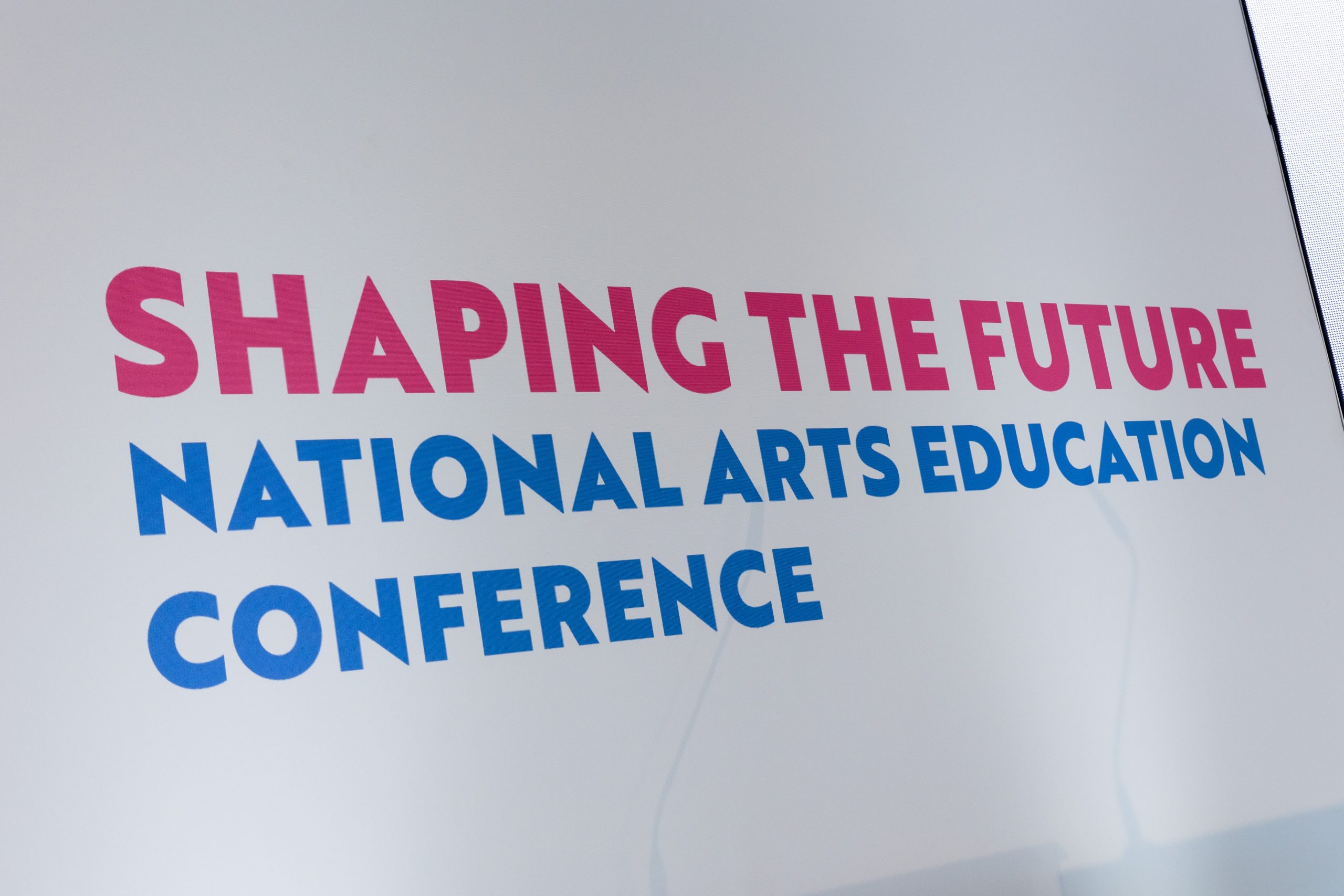Today I will discuss the relevance of the word ‘imagine’ in children’s lives, both in formal and informal education.
Imagination is linked to creativity. Creativity relies on imagination, the conscious representation of what is not immediately present to the senses. This is important to young people’s development. Creativity can strengthen multiple skills such as critical thinking, problem solving and also increase child’s well-being and social awareness. These are important for successful citizens, and whereas our curriculum makes numerous references to critical thinking skills and creativity unfortunately this isn’t transferring to the classroom albeit through special projects such as ACM’s Kreattiv and initiatives like the STEAM School Malta. Unfortunately, most of these efforts are short-lived and contained, particularly as they involve a degree of disruption to the traditional way of teaching and school operations. One-off, time-constrained cultural events are more practical for schools however, these experiences are completely different and target the exposure of young people to creative activity. In order to truly have a future creative society students must be challenged, they must learn through real-life problems and through multidisciplinary frameworks. Creativity can help us achieve this.
Perhaps the pandemic will make us rethink our efforts in including creativity at all levels of education, from the very young to specialized tertiary education. Perhaps this pandemic has shown us how heavily we rely on the traditional classroom format, the funnel system of teaching. Perhaps it will reinforce the idea of the creative policymaker who works closely with all stakeholders, including children and students themselves to reimagine our education system. A system in which a child aged five does not have to sit through a good two or three hours of homework every day after sitting for the best part of the day in class. Perhaps it taught us that a white canvas and paint can teach so much more than ‘art’ it can teach a child to let go of perceived notions of what should be drawn, it can teach them about colours and the impact of light, the chemical reactions of paint and the textures they can create. Perhaps it can let a child be imaginative, smile and enjoy learning. Perhaps it will make us consider interdisciplinary project-based learning which is linked to higher engagement, especially with those subjects traditionally labelled as difficult such as sciences.
Through the Kreattiv partnerships I’ve seen physics taught through stained class, mathematics taught through the architecture of Cittadella, Robotics taught to students from challenging backgrounds and STEM taught through theatre, music and dance. I’ve seen the faces of students excited about learning. Proud of their achievements. This is possible.
Creativity should also be nurtured through informal learning, and we are lucky enough to be surrounded by such opportunities for example; Esplora interactive science center, which engages children, parents and the community with science also through creativity, the children arts festival Żigużajg which exposes children and their families to high quality local and international arts projects, excellent projects by Toi Toi at Teatru Manoel such as the baby series, projects by the Malta Philharmonic Orchestra, and other organisations such as Teatru Malta and Zfin Malta who also work directly with schools offering students an insight into their work through hand-on projects.
During the pandemic and partial lockdown many of these platforms offered access to past performances or specifically produced new digital productions, however, I believe that especially for the younger children these will hardly replace the physical experience. Young people engagement is challenging and those specializing in such work have a myriad of issues to think about to ensure safety of all whilst maintaining the magic of the experience and truly allow children and youth to ‘Imagine’.
Words by Christabel Catania.
Photo by Malcolm Sammut.

